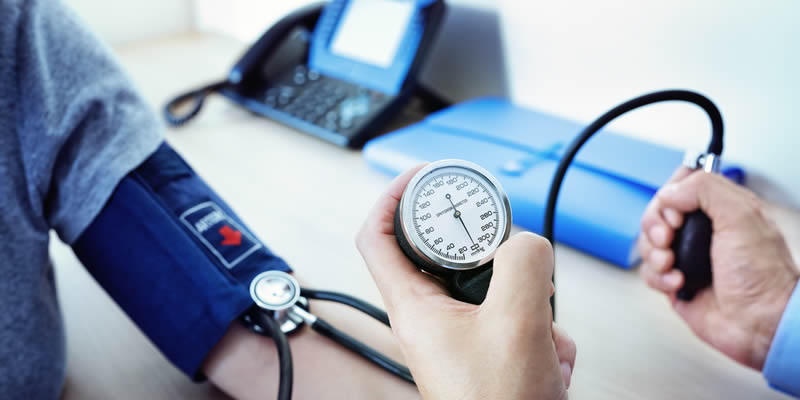People who consume a single alcoholic drink put themselves at a greater risk of a type of heart arrhythmia in just a few hours, new research has found.
A team from the University of California carried out a study to try to determine when and where an episode of atrial fibrillation (AF) might occur.
A study of 100 people showed that an episode of atrial fibrillation – which can cause stroke and death – was linked to two-fold greater odds with a single alcoholic drink, and three-fold greater odds with two or more drinks consumed within the four hours prior.
- Alcohol consumption increases risk of cancer, research shows
- Obesity increases liver-damaging effects of alcohol
The findings contradict the perception that drinking alcohol can help to protect the heart, the study authors say.
Dr Gregory Marcus, professor of medicine in the Division of Cardiology at the university, said: “Contrary to a common belief that atrial fibrillation is associated with heavy alcohol consumption, it appears that even one alcohol drink may be enough to increase the risk.
“Our results show that the occurrence of atrial fibrillation might be neither random nor unpredictable. Instead, there may be identifiable and modifiable ways of preventing an acute heart arrhythmia episode.”
The study saw 100 people fitted with an electrocardiogram monitor (ECG) for four weeks, with instructions to press a button when they consumed a normal-sized alcoholic drink. They also wore an alcohol sensor and drank on average, one drink a day during the four weeks.
People who receive COVID-19 vaccine should avoid alcohol before and after
Dr Marcus said: “The effects seem to be fairly linear: the more alcohol consumed, the higher the risk of an acute AF event. These observations mirror what has been reported by patients for decades, but this is the first objective, measurable evidence that a modifiable exposure may acutely influence the chance that an AF episode will occur.”
The study has been published in the Annals of Internal Medicine.




